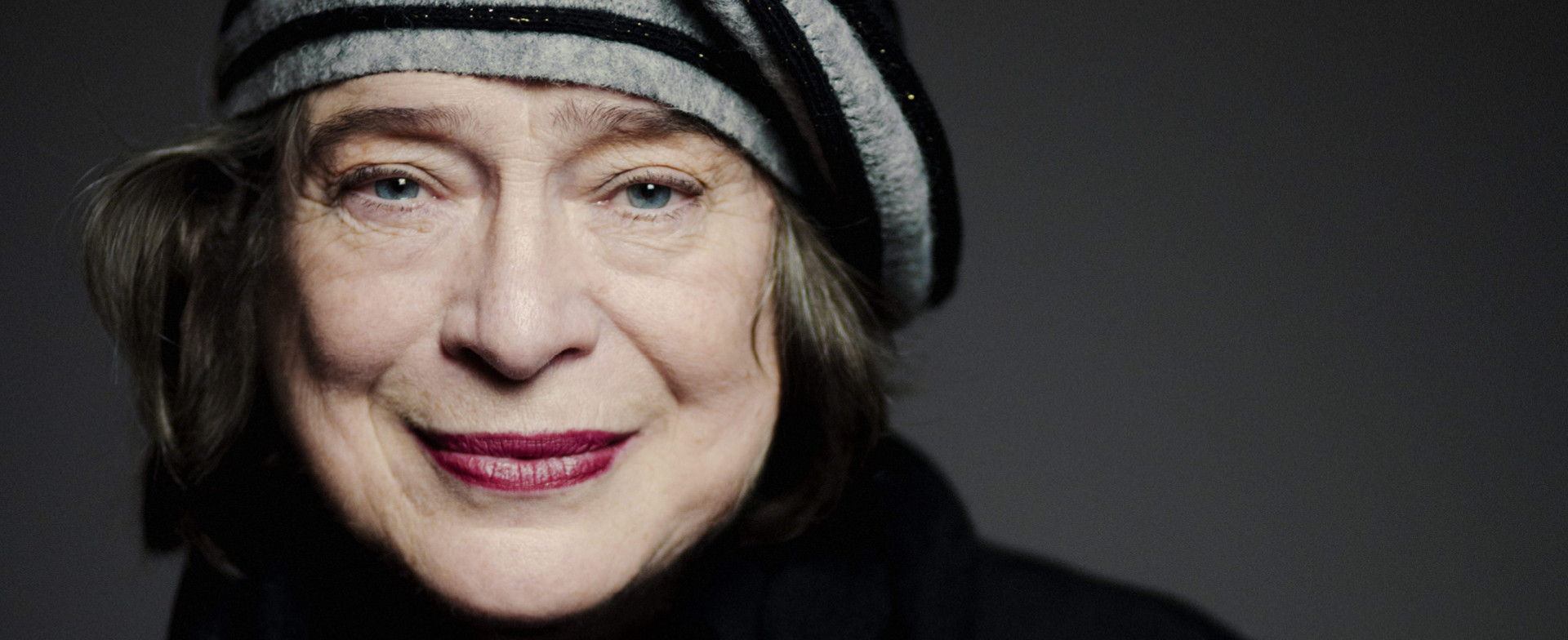Elisabeth Leonskaja
It takes the depth and poetry of an extraordinarily powerful artist such as Elisabeth Leonskaja to perform in a single recital the three chasms of musical thought expressed in Beethoven’s final three Sonatas. They are a recapitulation, a "adieu to the sonata", according to Thomas Mann, but also an intimidating prophecy…
Beethoven’s late period is the stuff of legend, analysed by the likes of Theodor Adorno and Edward Saïd, among others. Completely deaf, the composer would develop a language full of tension, contradiction, violence, but also ethereal decantation, inaudible to his contemporaries but announcing the next hundred years of music. The late String quartets, the Diabelli variations and the final Sonatas for piano constitute the heart of this intimidating "late style", at times chaotic, at times radiant, but always intensely speculative. Sonata op. 109 (1820) is marked by its density and by the sumptuousness of the Finale with variations, whose admirable theme shimmers and fragments into the infinite. Introspective with extraordinary freedom of form, the Sonata op. 110 (1821) is a coming to grips with grief, its fugue testifying to Beethoven’s magisterial grappling with the spirit of counterpoint. As for Sonata op. 111 (1821), with its two movements like a World Cup competition, and its legendary "Arietta", it remains a profound testament, immersing us in a universe of pure sound.
Piano Elisabeth Leonskaja
Photo © Marco Borggreve
Ludwig van Beethoven
Sonata for piano n° 30 in E major, op. 109
Sonata for piano n° 31 in A flat major, op. 110
Sonata for piano n° 32 in C minor, op. 111


